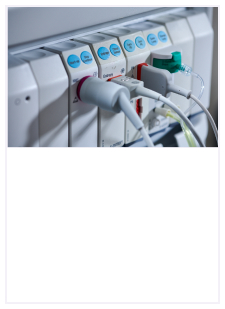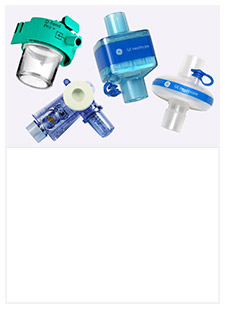Enter your part details below, and access the list of compatible equipment
Enter your equipment details below, and access the list of compatible parts

Please Enter Valid Text .
You have accepted a quote and it is currently available in your cart. Please complete the order processing to add an item to the cart.
Customer agrees that products purchased from the GE HealthCare Service Shop will only be used in operating and servicing medical equipment at a healthcare facility located in the United States in which it was intended, and will not be otherwise used for manufacturing, resale or other distribution.
This form will auto-populate account information for registered users.
How would you like to proceed?
Proceed as Guest LoginPlease enter Email Address
Remember Me
Forgot Password?Question about your account? Contact Us





Enter your part details below, and access the list of compatible equipment

Enter your equipment details below, and access the list of compatible parts

